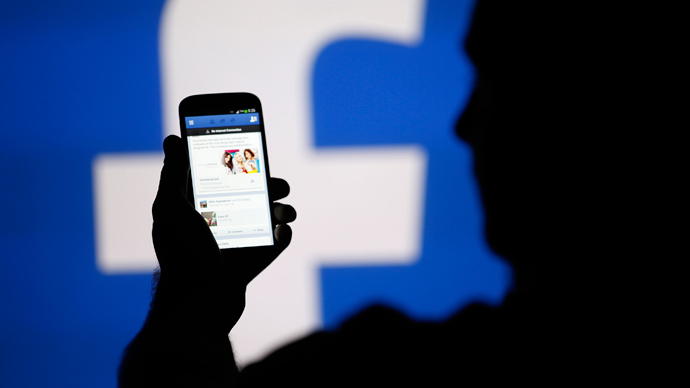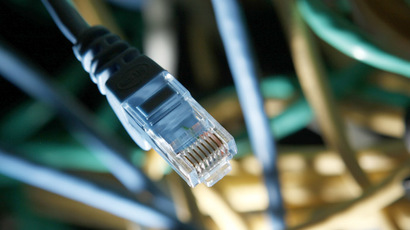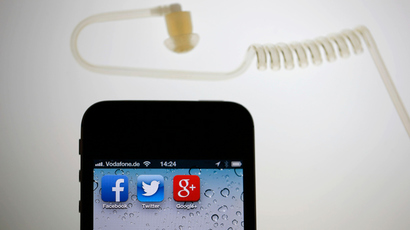Facebook makes you unhappy - study

The more time you spend on Facebook, the unhappier you become. That’s the not-so-astounding finding of the first study measuring the social network’s impact on users’ psychological well-being.
And (surprise, surprise) the survey finds that interacting with
people “directly” – you know, face-to-face, or over the phone –
actually makes you happier.
A team of researchers from the University of Michigan studied 82
young adults who had smartphones with Facebook accounts.
Scientists texted the participants five times per day for two
weeks to examine how Facebook use influences how people feel
moment-to-moment, and how satisfied they are with their lives.
Each text message contained a link to an online survey with five
questions: “How do you feel right now?”; “How worried are you
right now?”; “How lonely do you feel right now?”; “How much have
you used Facebook since the last time we asked?”; and “How much
have you interacted with other people ‘directly’ since the last
time we asked?”
The authors of the study, published in the scientific journal
PLOS, said they used experience-sampling, the most reliable
method for measuring in-vivo behavior and psychological
experience.
It turned out that the more people used Facebook, the worse they
felt the next time researchers texted them. And the more people
used Facebook over the two weeks, the more their life
satisfaction levels declined over time.
Meanwhile, interacting with other people “directly,” via phone or
face-to-face, did not produce these negative outcomes, the
researchers found. In fact, the scientists came to the conclusion
that direct interactions with other people actually led people to
feel better over time.
"On the surface, Facebook provides an invaluable resource for
fulfilling the basic human need for social connection,” the
lead author of the study, University of Michigan social
psychologist Ethan Kross said. "Rather than enhance
well-being, we found that Facebook use produces the opposite
result – it undermines it," he added.
Over 1 billion people use Facebook, and over half of them log in
daily. No research has examined how interacting with Facebook
influences subjective well-being over time.
The researchers found no evidence for two possible alternative
interpretations for their findings. Young and active Facebook
users were not more likely to use Facebook when they felt bad. In
addition, although people were more likely to use Facebook when
they were lonely, "it was not the case that Facebook use
served as a proxy for feeling bad or lonely," Kross said.
"We concentrated on young adults in this study because they
represent a core Facebook user demographic," the authors
said. "However, examining whether these findings generalize to
additional age groups is important. Future research should also
examine whether these findings generalize to other online social
networks."
The study came a week after British researchers published a
report concluding that sharing photographs on Facebook is the
“safest” way to lose friends and damage relationships with
friends and colleagues who don't "relate well to those who
constantly share photos of themselves."
"This is because people, other than very close friends and
relatives, do not seem to relate well to those who constantly
share photos of themselves," Dr David Houghton, of the
University of Birmingham, said.
"It is worth remembering the information we post to our 'friends'
on Facebook, actually gets viewed by lots of different categories
of people, partners, friends, family, colleagues and
acquaintances and each group seems to take a different view of
the information shared," he added.














